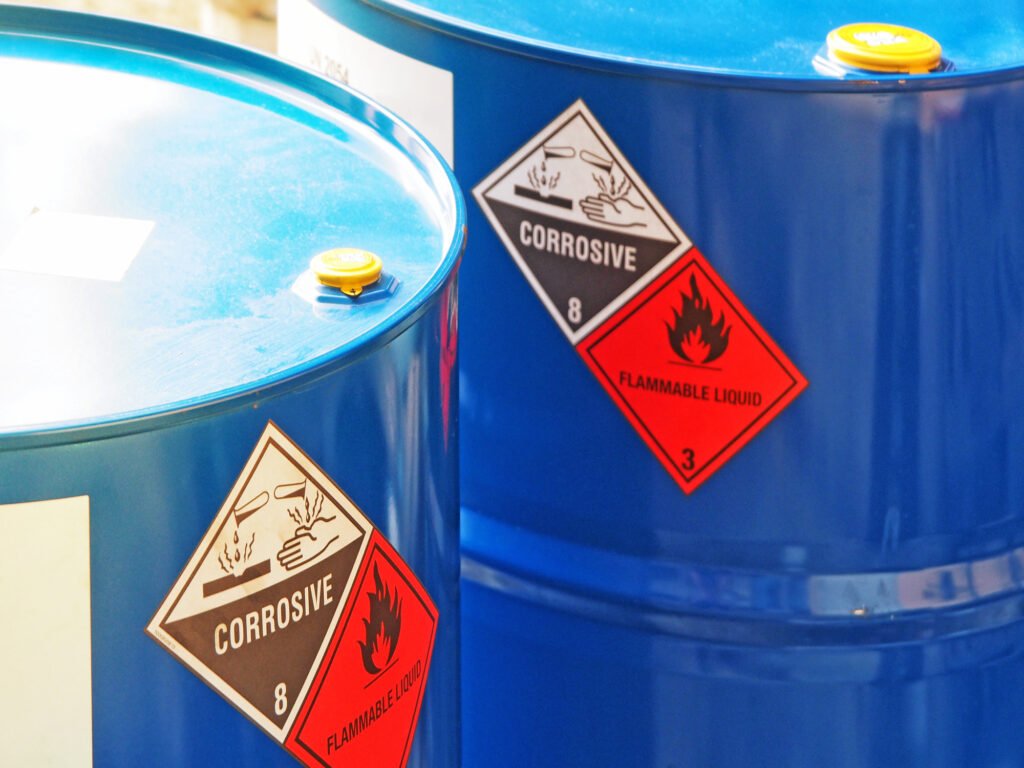The Regulation of the Minister of Environment and Forestry No. 10 of 2020 (P.10/MENLHK/SETJEN/PLB.3/4/2020) on Methods of Characterization Testing and Status Determination of Hazardous Waste was enacted in Indonesia on May 4, 2020 (hereinafter referred to as “the Regulation”). This regulation defines the procedures for characterization testing of hazardous waste (B3 waste), the exemptions for B3 waste management, and the utilization of B3 waste as a byproduct, etc. It took effect immediately upon the enactment. Accordingly, the previous regulations, the Regulation of the Minister of Environment and Forestry No. 55 of 2015 and the Regulation of the Minister of Environment and Forestry No. 54 of 2017, became invalid.
The original text of this regulation is downloadable at the following URL.
http://jdih.menlhk.co.id/uploads/files/P_10_2020_UJI_KARAKTERISTIK_DAN_PENETAPAN_STATUS_LIMBAH_B3_menlhk_06082020131107.pdf
Exemptions for B3 waste from specific sources
This regulation provides B3 waste management exemption for B3 waste from specific sources. (The exemption means that operators will no longer be required to obtain various permits imposed on B3 waste management.) If you want to be exempted, you must apply to the Minister of Environment and Forestry to gain a permit. The required documents to apply for the permit are as follows:
- Copies of approved Environmental Impacts Assessment (Amdal) or Environmental Management and Monitoring Measures (UKL-UPL)
- A copy of the certificate on establishment of the business or its activities
- Any kinds of at least one relevant document which describes the following information:
- Applicant’s identification information
- Purpose of the exemption
- A clear description of the primary and/or secondary materials, the process of use, and the persistent and consistent nature of the hazardous waste produced
- Name and code of hazardous waste to be applied for a hazardous waste exemption
- Test sample collection method
- Characterization testing methods, and
- A copy of the test laboratory certification for each parameter of the characterization tests, or a copy of the implementation certification of proper test method procedure, according to the Indonesia National Standards (SNI) for unaccredited testing laboratories.
An operator granted an exemption must report in writing once every three months to the Ministry of Environment and Forestry on the subjected B3 waste management activities. The report must cover the type and quantity of B3 waste as well as its ongoing management practices.
Additionally, the “B3 waste from specific sources” mentioned here refers to the B3 waste from Table 3 and Table 4 of Annex I of Governmental Decree No. 101 of 2014. For example, fluorescent lights, sludge, solder residues, and others are designated as “B3 waste from specific sources” in the electrical and electronic equipment manufacturing sector.
 Indonesia clarifies characterization testing method of hazardous waste
Indonesia clarifies characterization testing method of hazardous waste 

























